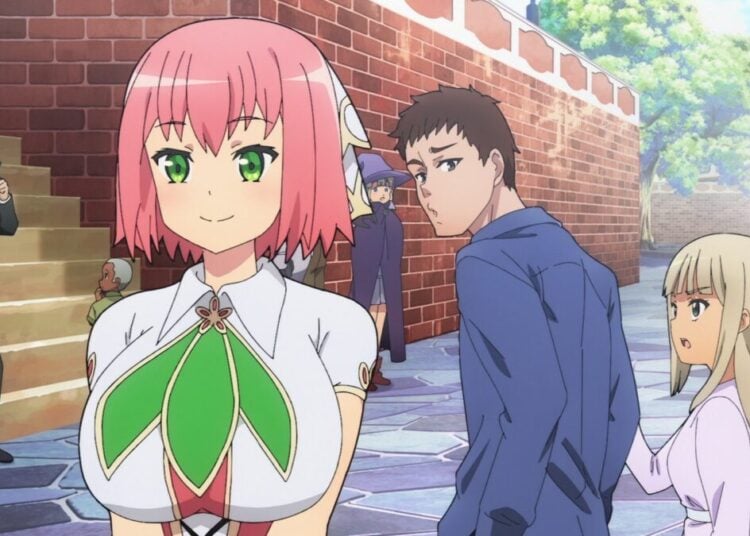Well, the popular historical drama Yoshitsune has come to an end, and what an end it was. Every year Japan’s NHK public television network (the Domo-kun people) makes one breathtakingly beautiful samurai-era drama called the Taiga Drama, and this year’s was Yoshitsune (yo-shee-TSOO-nay), the story of a popular folk hero in a war that preceded the Kamakura Shogunate of 1192. Last night the final episode aired, detailing the dramatic last battle of Yoshitsune and his retainers, especially his bodyguard Musashibo Benkei, who fought so hard for his lord that he died while standing on his feet and who has folk hero status in his own right. Taking its cues from the historical dramas of the BBC, Japan has a strong tradition of reliving its history through jidai geki (period dramas, where the word Jedi comes from). It’s a very entertaining way for Japanese of all ages to learn about their history. It’s common to see pop idols and other popular actresses widen their appeal with fans by appearing in jidai geki, such as former Morning Musume idol Maki Gotoh, who played Yoshitsune’s sister.
We got a shock last night: we heard the air-raid siren that goes off every day at noon to signal lunchtime, but at 3 in the morning, which meant there was a fire somewhere in the city. We looked out the window, not expecting to be able to see anything, but were surprised to see a wall of flame and sparks shooting up just a few houses down from us. By the time I got there, the house had already been consumed by fire, and our local fire department was rushing to get water on it. Happily, no one lived in the house, but it was still a real shame, as it was a beautiful old-style Japanese home with real clay kawara tiles. They’re still checking for the cause, but arson is feared.
Japan is a great place, with a lot to offer anyone who lives here, but the complexities of society can be too much for some people, who opt out of their rest of their lives through suicide. A staggering 30,000 Japanese choose to take their own lives each year, about the same number as in the U.S. despite the fact that Japan has half America’s population. There are various reasons for the high suicide rate, of course — those with failed businesses and lots of debt are a prime group in post-Bubble Japan, as are young people who face ijime, teasing bordering on psychological torture. Perhaps he biggest reason is the near total lack of a psychological help network, and an innate resistance to seeking help or counseling by people here. In recent years there’s been an increase in online suicide groups who forms pacts and die together, often in the eerie forest known as Aokigahara Jukai, a “sea of trees” near Mt. Fuji. Tragically, no less than three separate group suicides were discovered on Sunday in Osaka, Nagoya and Sapporo, with a total of ten people ending their lives together. I personally can’t understand the impetus to willingly join the living-impaired — I mean, life is good, and if it’s not for some reason, wait a while and things will get better. Each of us has a mysterious ability to change anything about our lives we want by improving our basic attitudes about life, so be mae-muki (MAH-eh MOO-kii, a really positive Japanese word I like that literally means “forward facing”) and tomorrow will be a better day.
J-List sells our famous wacky Japanese T-shirts and soft, warm hoodies, hand-printed with care in San Diego by our experienced silkscreening staff. We’re very happy with how successful they’ve become, and now we’ve got a new design for you. In Japanese, the letter “H” (pronounced “ecchi”) is a euphemism for anything, er, naughty, and we have a new design that captures the bizarreness of this idea by parodying the famous Ecko rhinoceros logo. We’ve got both a standard T-shirt (in cool-looking Army Green) and a warm hoodie (in red) posted to the site for you now. Enjoy these wacky new designs! All our T-shirts make excellent Christmas gifts, too.















